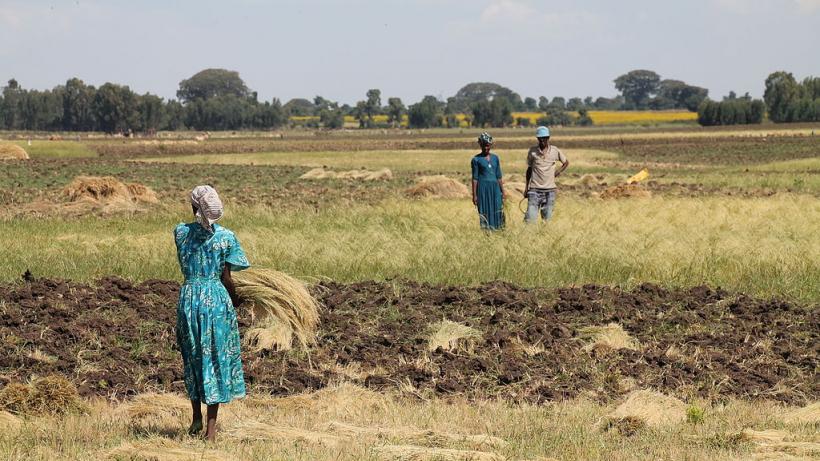
The impact of COVID-19 on Amhara National Regional State’s economy
-
Abegaz-et-al-November-2020-Policy-brief.pdf
PDF document • 214.53 KB
- Since the first COVID-19 case in the Amhara National Regional State (ANRS) was detected on March 27, 2020, it has been feared that the virus would seriously damage the region’s economy.
- This study examines the impact of the pandemic on tourism and hotels, remittances, and government finance. It then conducts macro-level growth accounting and Social Accounting Matrix (SAM)‑based general equilibrium multiplier analysis to study the effects of the virus in the economy.
- Results show that domestic tourism increased more than the decline in international tourism, resulting in an overall increase in aggregate tourism in 2020. The hotel sector experienced a painful negative shock, with most hotels not even able to cover their employee wages and bank loan payments.
- The analysis indicated that shocks to remittances have the biggest effect on ANRS’ economy, and that poor households that live in urban areas face the sharpest decline in their income.
- While direct tax revenues did not show any decrease during the pandemic, indirect taxes showed a modest decline. In the worst-case scenario, GDP growth in ANRS could come to a near standstill.




